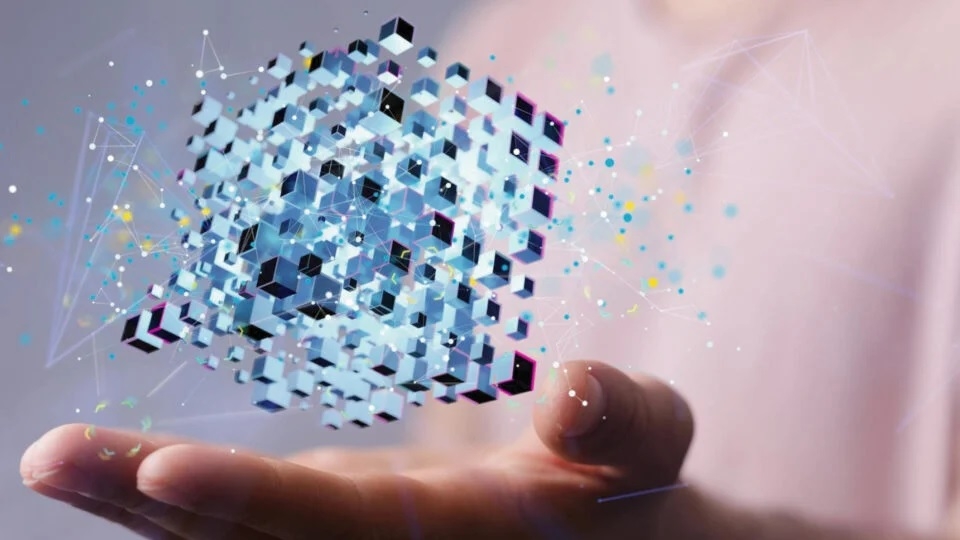Mastering Natural Language Processing (NLP) for Innovation

Natural Language Processing (NLP) is a branch of artificial intelligence (AI) that enables machines to understand, interpret, and respond to human language. From virtual assistants to sentiment analysis and machine translation, NLP is transforming how we interact with technology and redefining business operations across industries.
What is Natural Language Processing?
At its core, NLP bridges the gap between human communication and computer understanding. It involves a blend of computational linguistics, machine learning, and deep learning to process and analyze large amounts of natural language data. The goal is to teach machines to understand text or speech as humans do.
NLP encompasses various tasks such as text classification, which organizes documents or messages into predefined categories like spam detection. Sentiment analysis evaluates opinions or emotions expressed in text, while named entity recognition (NER) identifies entities such as names, dates, and locations. Machine translation translates text from one language to another, and speech recognition converts spoken language into written text.
Challenges in NLP
Despite significant advancements, NLP faces ongoing challenges due to the complexity and nuance of human language. Ambiguity is a persistent issue, as words and phrases can have multiple meanings depending on context. Language variability, including dialects, slang, and cultural differences, further complicates text interpretation. Another challenge is data bias, as models can inherit biases from training data, leading to unfair outcomes. Moreover, the interpretability of complex models like deep neural networks remains a concern, as these models are often difficult to understand and explain.
Future of NLP
The future of NLP is promising, with ongoing research driving innovations that will further enhance machine understanding and interaction. Multilingual models are being developed to seamlessly understand and translate multiple languages. Advances in contextual embeddings are improving context understanding, enabling better comprehension of nuanced language. Ethical AI is gaining importance, with efforts to address bias and fairness to create more equitable NLP systems. Furthermore, the future holds increased human-AI collaboration, where intelligent systems will enhance productivity by assisting human decision-making.
Conclusion
Natural Language Processing is revolutionizing how we interact with technology, enabling smarter systems and transforming industries. As NLP continues to evolve, it holds the potential to unlock new possibilities in communication, automation, and human-machine collaboration.
To Know More, Visit @ https://ai-techpark.com/ai/nlp/
- Questions and Answers
- Opinion
- Motivational and Inspiring Story
- Technology
- Live and Let live
- Focus
- Geopolitics
- Military-Arms/Equipment
- Sicurezza
- Economy
- Beasts of Nations
- Machine Tools-The “Mother Industry”
- Art
- Causes
- Crafts
- Dance
- Drinks
- Film/Movie
- Fitness
- Food
- Giochi
- Gardening
- Health
- Home
- Literature
- Music
- Networking
- Altre informazioni
- Party
- Religion
- Shopping
- Sports
- Theater
- Health and Wellness
- News
- Culture

